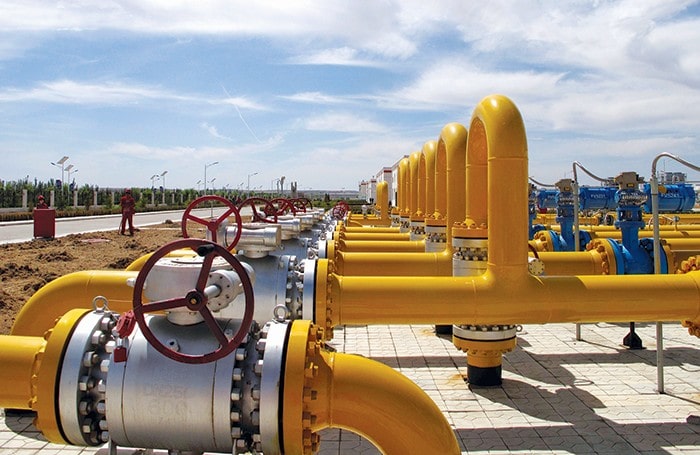Welcome To ChemAnalyst

Natural gas markets in the U.S. and Germany witnessed significant price movements in early February, driven by extreme cold weather, supply constraints, and geopolitical developments. The U.S. market saw a surge in demand due to freezing temperatures, impacting storage withdrawals and production levels. Meanwhile, Germany grappled with rapidly depleting inventories, prompting discussions on government intervention to ensure adequate reserves ahead of the next winter season.
U.S. natural gas prices climbed sharply as Arctic conditions intensified heating demand, leading to a surge in withdrawals from storage. Despite increased output earlier in the month, extreme weather disrupted production, causing a drop in daily supply. LNG exports continued to rise, with strong flows to terminals reflecting growing international demand.
Storage withdrawals exceeded expectations, though they remained lower than historical averages due to previous mild conditions. Natural gas future prices strengthened, with traders closely monitoring weather patterns and storage levels. Forecasts indicated sustained cold through late February, further fueling bullish sentiment in the market.
In Germany, natural gas inventories declined at the fastest pace in years as cold weather drove high consumption. Concerns over low storage levels led Trading Hub Europe to engage in discussions with government authorities regarding financial support for replenishing reserves. Policymakers aimed to secure storage levels ahead of the next winter season, ensuring sufficient supply despite market volatility.
European natural gas prices fluctuated in response to geopolitical developments, with optimism over potential Russia-Ukraine peace talks leading to temporary declines. However, concerns over supply risks remained, as storage levels across the continent hit their lowest point since the energy crisis of 2022.
To counteract the loss of Russian pipeline supplies, Germany’s LNG terminals recorded strong demand, with all available regasification slots fully booked. Traders showed increased interest in securing alternative sources, reinforcing Germany’s role as a key transit hub for natural gas deliveries to Eastern Europe.
Market sentiment was further shaped by geopolitical factors, including reports of potential peace talks between Russia and Ukraine. Expectations of resumed Russian pipeline flows to Europe briefly lowered natural gas prices, but uncertainty over long-term supply kept the market on edge. Additionally, discussions within the European Commission about a potential natural gas price cap added another layer of complexity, with industry groups warning of possible market disruptions.
The near-term outlook for natural gas remains bullish, with prolonged cold weather supporting strong demand. U.S. storage withdrawals will be closely monitored, as further supply tightening could push prices higher. In Germany, government intervention may play a crucial role in stabilizing storage levels and market dynamics. Traders will continue to track geopolitical developments and global LNG flows, which could impact price volatility in the coming months.
We use cookies to deliver the best possible experience on our website. To learn more, visit our Privacy Policy. By continuing to use this site or by closing this box, you consent to our use of cookies. More info.
